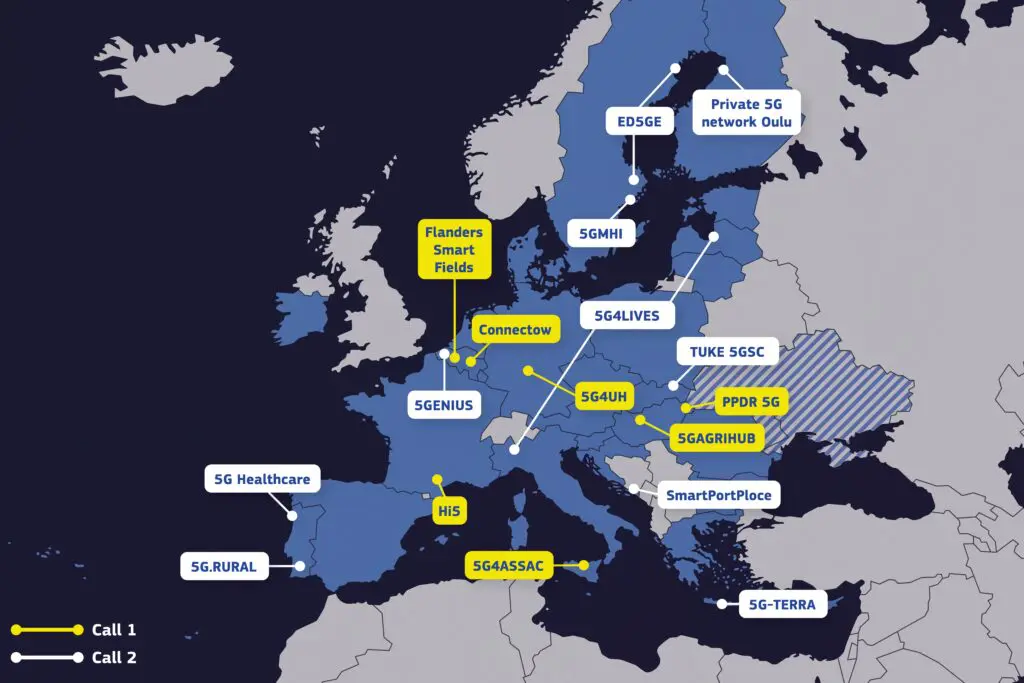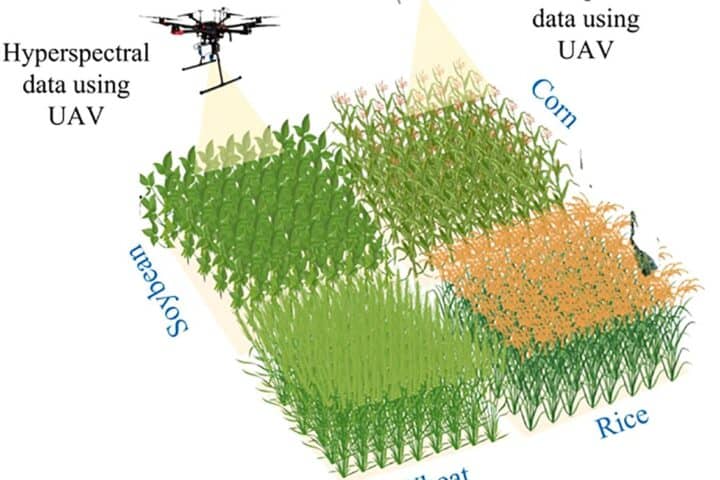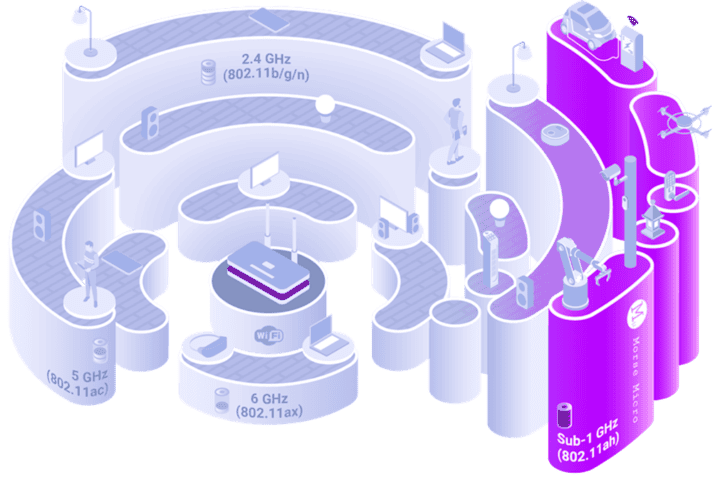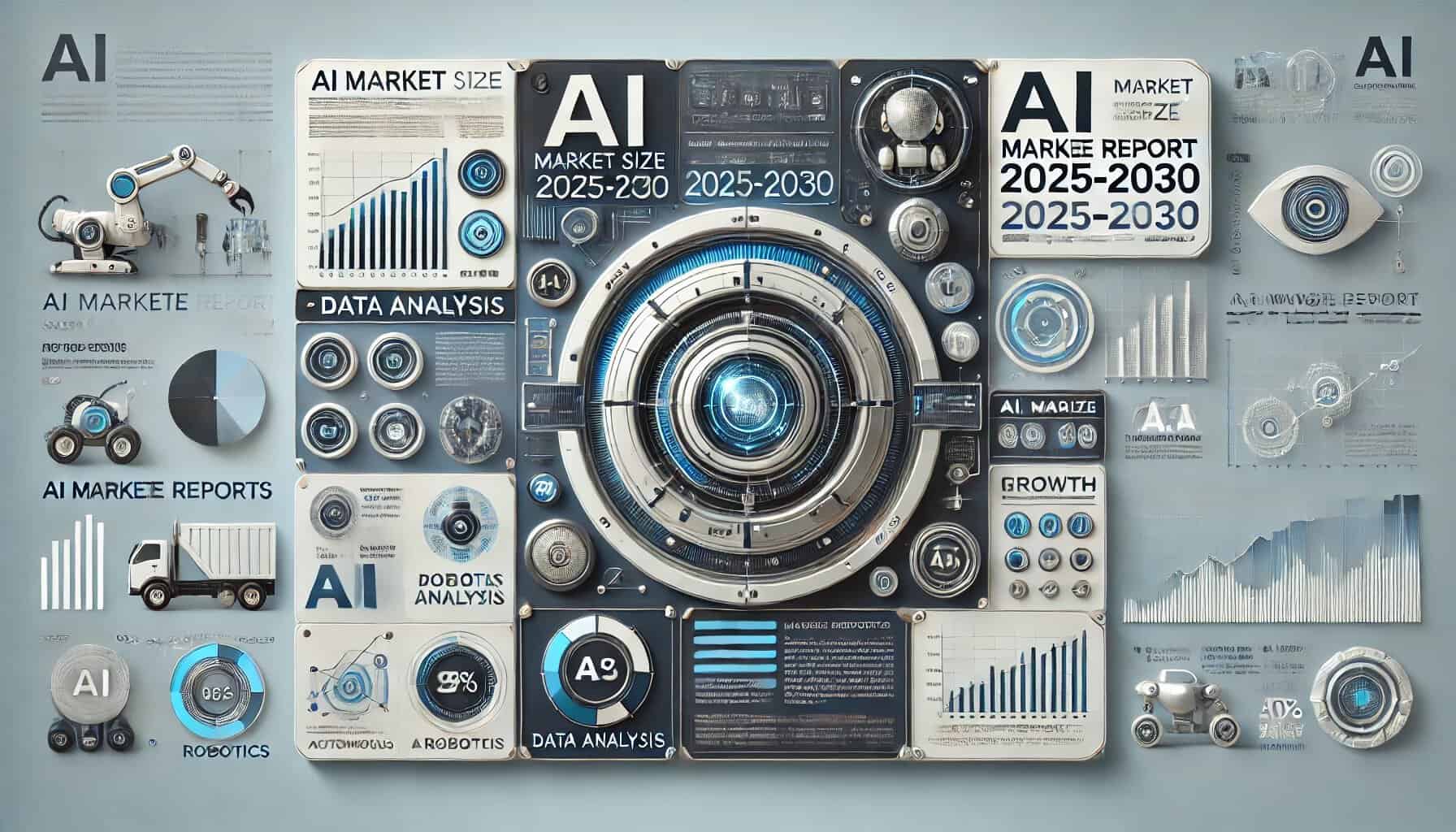Smart cities are at the forefront of utilizing Internet of Things (IoT) technology to revolutionize urban living, making it more efficient, sustainable, and livable. By integrating advanced technologies into the fabric of city planning and management, smart cities aim to tackle urban challenges, enhance citizen engagement, and foster economic growth. This article delves into the latest trends and innovations shaping the smart city landscape in 2024, highlighting how IoT, along with other digital advancements, is transforming our urban environments.
Key Takeaways:
| Trend | Impact | Key Players |
|---|---|---|
| IoT Integration in Urban Planning | Enhances efficiency and sustainability of city operations | Municipalities, Tech Companies |
| Advances in 5G and Edge Computing | Improves speed and reliability of smart city technologies | Telecoms, IoT Startups |
| AI and Machine Learning Adoption | Optimizes data analysis for better decision-making | AI Research Institutes, Urban Developers |
| Focus on Sustainable and Green Tech | Drives environmental initiatives within smart cities | Environmental Organizations, Policy Makers |
| Expansion of Autonomous Mobility | Elevates the safety and accessibility of public transportation | Automotive Manufacturers, Software Developers |
| Growth in Smart Energy Solutions | Promotes energy efficiency and renewable resource use | Energy Companies, Smart Grid Innovators |
| Increased Data Privacy and Security Measures | Protects citizens’ information amidst growing connectivity | Cybersecurity Firms, Regulatory Bodies |
IoT: The Backbone of Smart City Innovations
At the heart of the smart city revolution is the IoT, a network of interconnected devices and sensors that collect and analyze data in real-time. This technology enables city administrators to monitor and manage urban infrastructure efficiently, from traffic and transportation systems to water supply and waste management. The integration of machine learning methods to identify green energy materials exemplifies the innovative approaches being adopted to enhance urban sustainability through IoT.
5G and Edge Computing: Accelerating Smart City Capabilities
The deployment of 5G networks and edge computing technologies is pivotal for the scalability and effectiveness of smart city solutions. With 5G’s high-speed connectivity and low latency, cities can leverage IoT devices more effectively, enhancing services such as autonomous farming with high-performance 3D vision sensors and smart mobility solutions. Edge computing further facilitates real-time data processing closer to the source, making urban systems more responsive and reliable.
Advancing Sustainability through Smart Technologies
Sustainability is a key goal of smart cities, and IoT technologies play a crucial role in achieving it. Innovations in energy management, such as the strategic battery materials fund and vertical farming initiatives, underscore the commitment to reducing environmental impact. These initiatives not only promote the use of renewable resources but also aim to make urban agriculture and energy systems more efficient and less dependent on traditional supply chains.
Enhancing Urban Mobility with IoT
Smart mobility is another area where IoT is making significant strides, offering solutions to reduce congestion, improve public transportation, and support the adoption of electric vehicles (EVs). Projects like robotaxis and smart city sandboxes highlight the ongoing efforts to create more accessible and efficient urban transport networks. Additionally, the integration of IoT in EV charging infrastructure is crucial for supporting the growing number of EVs on the road, ensuring that cities can meet their sustainable transportation goals.
Looking Ahead: Challenges and Opportunities
As smart cities continue to evolve, they face challenges such as data privacy, cybersecurity, and the digital divide. Addressing these issues is essential for building trust and ensuring that the benefits of smart city technologies are accessible to all. Nevertheless, the opportunities for innovation and improvement in urban living are vast. By harnessing the power of IoT and related technologies, cities can transform into more resilient, sustainable, and inclusive communities.
Smart Governance and Citizen Engagement
The digital transformation of urban areas extends beyond infrastructure and services to encompass smart governance and enhanced citizen engagement. Smart cities leverage IoT and digital platforms to foster a more transparent, interactive relationship between governments and their constituents. Initiatives like machine learning and automation control for indoor farming sustainability not only demonstrate innovative approaches to urban agriculture but also reflect a broader commitment to engaging communities in sustainable practices. Additionally, platforms facilitating real-time feedback and participatory decision-making exemplify how technology can democratize urban governance, making cities more responsive to the needs and aspirations of their residents.

The Role of Data Analytics in Urban Planning
Data analytics, powered by IoT devices and AI, provides city planners and policymakers with insights necessary to make informed decisions. The integration of these technologies allows for the analysis of vast amounts of data from various sources, including traffic patterns, energy consumption, and public service usage. By understanding these dynamics, cities can optimize resources, improve service delivery, and anticipate future urban challenges. The use of AI to identify green energy materials is a prime example of how data analytics can guide environmental sustainability efforts, showcasing the potential for technology to drive meaningful change in urban management.
Security and Privacy in the IoT Era
As smart cities become increasingly connected, ensuring the security and privacy of digital infrastructure and personal data is paramount. The proliferation of IoT devices creates multiple points of vulnerability, making cybersecurity a top priority for urban administrators. Initiatives aimed at strengthening digital defenses, from secure network protocols to advanced encryption techniques, are critical to safeguarding the smart city ecosystem against cyber threats. Moreover, policies and regulations that protect individual privacy while fostering innovation, such as those pertaining to data sharing and value creation, are essential for maintaining public trust and ensuring the responsible use of technology.
Future Prospects: Integrating IoT with Emerging Technologies
The future of smart cities lies in the convergence of IoT with other emerging technologies, such as blockchain, augmented reality (AR), and quantum computing. Blockchain offers a secure, transparent framework for data sharing and transactions, enhancing trust and efficiency in urban services. AR can revolutionize the way citizens interact with their environment, from navigating public spaces to accessing municipal services. Meanwhile, quantum computing holds the promise of processing complex data sets more efficiently, opening new avenues for urban innovation. These technologies, combined with IoT, will continue to push the boundaries of what’s possible in smart city development.
Innovative Financing Models for Smart City Projects
The realization of smart city initiatives often requires significant investment in technology and infrastructure. To address this challenge, innovative financing models are emerging, combining public funds with private investment to bring ambitious projects to life. Public-private partnerships (PPPs), crowdfunding platforms, and green bonds are examples of financial instruments supporting the development of smart urban solutions. These models not only facilitate the procurement of necessary capital but also encourage collaboration between city authorities, technology providers, and the community, ensuring that projects are economically viable and aligned with public interests.
Smart Healthcare: A Pillar of Urban Well-being
Smart cities are increasingly focusing on enhancing healthcare services through digital technologies. IoT devices, telemedicine platforms, and AI-driven diagnostic tools are transforming patient care, making it more accessible and personalized. Innovations such as remote health monitoring systems and AI-assisted medical analysis exemplify how technology can improve health outcomes and streamline service delivery. By integrating these solutions into the urban healthcare ecosystem, smart cities are not only addressing current public health challenges but also preparing for future demands.
Challenges Ahead: Navigating the Urban Digital Divide
As smart cities embrace digital transformation, the risk of exacerbating the urban digital divide looms large. Ensuring equitable access to technology and digital services is crucial to prevent disparities in urban communities. Initiatives aimed at expanding digital literacy, providing affordable internet access, and deploying inclusive technological solutions are essential to making smart city benefits universally accessible. Bridging the digital divide is not just a matter of social equity but also essential for fostering inclusive economic growth and community resilience.
Engaging Communities in Smart City Development
The success of smart city projects hinges on active community engagement and participation. By involving citizens in the planning and implementation phases, cities can ensure that projects address real needs and enjoy broad support. Tools and platforms that facilitate civic engagement, from digital town halls to participatory budgeting apps, empower residents to contribute their insights and preferences, making urban development a collaborative endeavor. This approach not only enhances project outcomes but also strengthens the social fabric of urban communities, fostering a sense of ownership and responsibility among inhabitants.
The Path Forward: Building Adaptive and Resilient Smart Cities
The evolution of smart cities is not just about technological advancement but also about creating adaptive and resilient urban ecosystems. As cities face complex challenges, from climate change to rapid urbanization, the ability to innovate and adapt becomes crucial. Leveraging IoT and digital technologies, smart cities can develop flexible infrastructure, responsive governance, and dynamic services that withstand evolving demands and unforeseen crises. The journey toward smart urban development is an ongoing process of learning, experimentation, and collaboration, with the ultimate goal of building cities that are not only intelligent and efficient but also robust and sustainable.
Smart Education: Shaping the Future of Learning
The concept of smart cities extends into the realm of education, where IoT and digital technologies are transforming learning environments and methodologies. Smart education systems leverage connected devices, cloud computing, and AI to provide personalized learning experiences, making education more accessible and engaging. Initiatives such as virtual classrooms, digital libraries, and AI-assisted tutoring programs exemplify the integration of technology in education, aiming to equip students with the skills necessary for the digital age. By fostering a culture of innovation and continuous learning, smart cities are preparing future generations to thrive in an increasingly complex world.
The Integration of Green Spaces into Smart Urban Planning
Amid the push for technological integration, smart cities are also recognizing the importance of green spaces for enhancing urban livability and environmental sustainability. IoT technologies are being employed to optimize the management of parks, gardens, and urban farms, monitoring soil moisture levels, air quality, and plant health to ensure the vitality of these green oases. Projects like vertical farming initiatives highlight the innovative approaches to integrating nature within urban environments, contributing to biodiversity, reducing pollution, and providing residents with valuable recreational spaces.
Enhancing Public Safety Through Smart Technologies
Public safety is a critical concern for urban areas, and smart cities are utilizing IoT and related technologies to enhance security and emergency response capabilities. Advanced surveillance systems, predictive policing tools, and emergency management platforms are examples of how data and technology can improve urban safety. By enabling real-time monitoring and analysis of urban environments, cities can respond more effectively to incidents, reduce crime rates, and ensure a safer living environment for all residents.
Smart Waste Management: Towards a Zero-Waste City
Efficient waste management is pivotal to the sustainability goals of smart cities. IoT-enabled waste bins, recycling robots, and smart collection systems are revolutionizing how cities handle waste, optimizing collection routes, reducing emissions, and promoting recycling efforts. Such innovations not only contribute to cleaner, healthier urban spaces but also exemplify the potential of technology to address environmental challenges through intelligent resource management.
Building Smart Cities on the Foundations of Digital Trust
As smart cities increasingly rely on digital technologies, establishing a foundation of digital trust is paramount. This involves ensuring robust cybersecurity measures, transparent data governance policies, and ethical use of technology. Building digital trust requires collaboration between city authorities, technology providers, and the community, ensuring that smart city initiatives are grounded in respect for privacy, security, and ethical considerations. As smart cities evolve, maintaining this trust will be crucial to their success and acceptance by the public.
Looking Ahead: The Continuous Evolution of Smart Cities
The journey towards building smart, sustainable, and inclusive cities is an ongoing endeavor, marked by constant innovation and adaptation. As new technologies emerge and societal needs evolve, smart cities must remain agile, ready to embrace change and address challenges head-on. By fostering collaboration, prioritizing sustainability, and placing citizens at the heart of development efforts, smart cities can continue to grow and thrive, offering a glimpse into the future of urban living.
In conclusion, the smart city movement is reshaping the urban landscape, driven by the integration of IoT technologies and a commitment to sustainability, inclusivity, and resilience. As we look to the future, the potential of smart cities to enhance the quality of life, foster economic growth, and address environmental challenges is immense. The path forward is one of collaboration and innovation, as cities worldwide strive to realize the vision of a smarter, more connected world.












